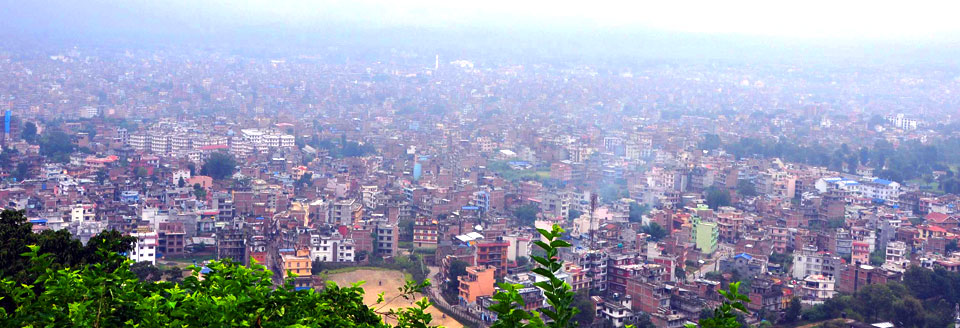

NTB eyes historic palaces, ponds for tourism sites
The Nepal Tourism Board (NTB) said that it would be transcending its traditional role of promoting and marketing Nepal by formulating a five-year tourism plan.
Among the different proposed projects, it is considering taking over palaces and residences of historical importance, particularly those illustrating the decadence of the Rana regime, and lease them out to private companies in a bid to promote tourism.
The cash-rich NTB said on Sunday that it would soon be launching the tourism plan under which it proposes to convert isolated and abandoned heritage buildings into commercially viable tourism products.
Historically important palaces like Rani Mahal in Palpa, Ratna Mandir in Pokhara and Diyalo Bungalow in Bharatpur, which are owned by the government, will be opened to tourism for the development of Nepal’s tourism industry, said Subash Nirola, officiating chief executive officer of the NTB, speaking at an interaction with tourism stakeholders on Sunday.
In addition, the NTB plans to utilize land owned by the government to build an international standard conference centre to promote MICE tourism. Similarly, wetlands across the country will be used as tourism products, and the NTB has taken the necessary steps in this regard, he said.
“We have requested the government to transfer the ownership of Kamal Pokhari and Rani Pokhari, which are of great historical and cultural importance, to NTB which could be potential products to promote Nepal’s tourism. The NTB will inject funds for the conservation and preservation of these ponds which are in a dire state at present.”
There are several historic buildings in Kathmandu and elsewhere in the country, and they can be key tourist attractions if they are properly promoted and marketed, he said. For example, restored palaces like Baber Mahal Revisited, Hotel Shanker and Garden of Dreams, among others, have become popular among visitors, and this success can be replicated in other historic buildings that are isolated due to lack of resources.
As the government has permitted the NTB to double its tourism service fee from tourists departing from the Tribhuvan International Airport to Rs 1,000 from March 1, the NTB’s annual budget is expected to balloon to Rs 1.21 billion.
“We have plenty of resources but limited programmes,” said Nirola. The board said that it plans to utilize 60 percent of its budget for the promotion of Nepal in the global arena and the rest on domestic tourism promotion and its administration costs. The board said that its promotion would be focused on the two next-door neighbours India and China while it would be promoting Nepal through international channels like BBC, CNN, National Geographic and European television as part of its promotional strategy.
source: the kathmandu post,24 march 2014








